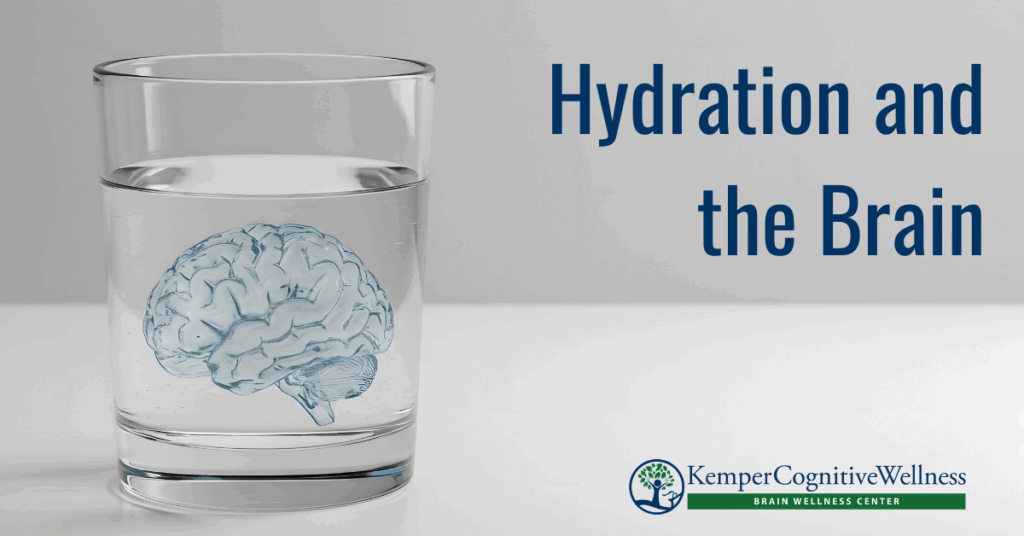There are great benefits to journaling, especially if you’ve been diagnosed with dementia or you’re a caregiver to or know someone who has been diagnosed. Scientific evidence supports journaling, as well. While the left side of your brain, which is analytical and rational, is occupied, the right side is free to create and feel. Expressing feelings in writing isn’t just a good way of tracking the progress of dementia and looking for specific trends; it’s also a tool to help orient the person with dementia. When dementia starts to make it difficult to find the right words, writing can reduce feelings of powerlessness and provide a way of processing the changes that are occurring.
How can journaling be transformative to your life? Journaling has been known to:
- Reduce stress. A caregiver’s health and anxiety level have a direct impact on the person they care for. Caring for yourself by reducing your stress level will better enable you to be present for what comes your way.
- Provide respite. Caregivers report journaling slows them down, allowing time for deeper breathing and calm during a busy day. Time for yourself, even 10 minutes, can help a caregiver re-focus and recharge.
- Deflect anger. Rather than shouting negative words, placing angry words on a page is a positive release. As you write about anger, you will probably notice a decrease of emotion moving toward a calmer state.
- Provide time for reflection. Time to reflect is a precious commodity in our modern world and certainly for the busy caregiver.
- Develop self-worth. Caregivers realize the many things they are doing right by writing down daily events and thoughts.
- Develop personal insight. “Journaling helps me realize I am not a patient person. I need to work on being a more patient caregiver.” (From a caregiver’s journal)
- Provide clarity. When difficult situations present themselves, journaling helps identify the significance of events. The simple act of writing words on a page/computer brings clarity, a truth known in our professional lives but often overlooked as a personal tool.
- Enhance personal development. “Once my caregiving journey was over, my journal helped show me the way forward.” (From a caregiver’s journal)
Goodwin says that it doesn’t matter if what’s recorded is legible or not. “Journaling provides both the caregiver and care recipient the opportunity to reach beyond themselves and communicate their complicated thoughts and feelings.” It’s a way to give a voice to conflicting emotions in a safe way.
Sources: aplaceformom.com & activityconnection.com





